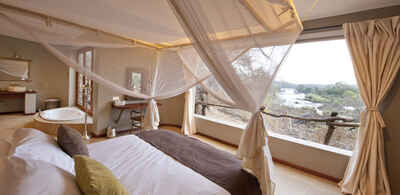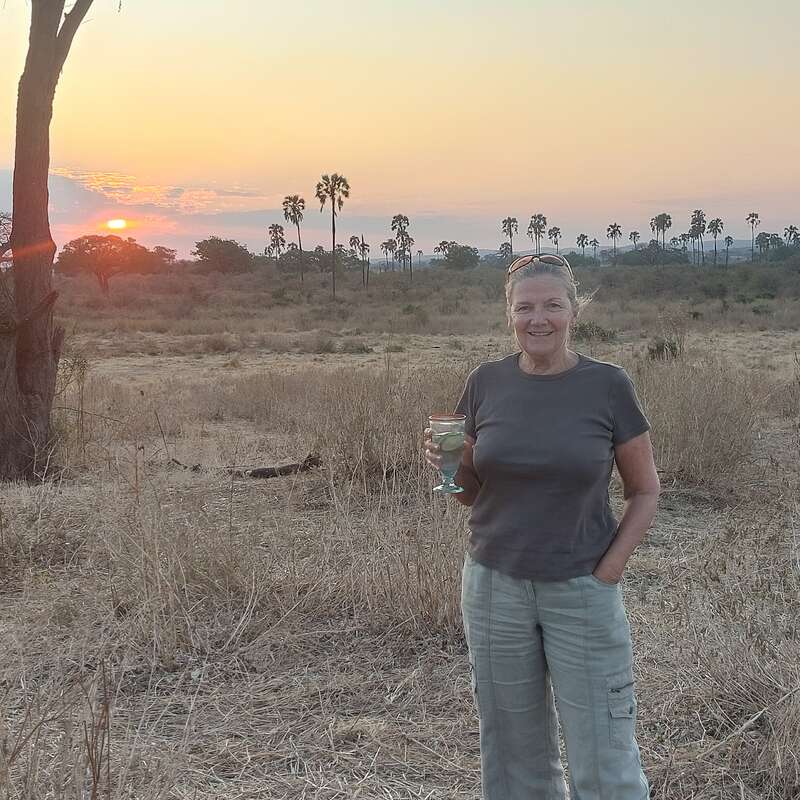About Mkulumadzi Lodge
The only luxury lodge in Majete, Mkulumadzi is very much a part of this wildlife reserve’s conservation success story
This elegant contemporary-styled lodge is part of highly respected Robin Pope Safaris’ portfolio and was built in 2011, at a time when NGO African Parks were transforming Majete into the wildlife-rich reserve that it is today.
It’s consistently offered great service, beautiful accommodation and friendly staff, along with excellent eco credentials. The rooms are stylish and vast, with a lounge area, minibar, dressing area, writing desk and Evening Breeze aircon above the beds, and expansive terraces overlooking the Mkulumadzi River.
If you’re in Room 6, keep an eye out for a little bush baby who likes to sleep in the thatch – he was born there and feels it’s his home. You might also encounter two bull elephants who are almost resident here too, along with a family of warthogs. They all clearly have good taste.
The main lounge, bar and dining area is relaxed and meals are extremely good, with light lunches and imaginative dinners – you won’t go hungry. Activities include game drives and a visit to African Parks' Heritage Centre for an insight into the reserve’s history.
Our view
We really like Mkulumadzi – it’s a stylish camp with spacious, well-built chalets. The Majete Reserve itself is rugged and, like the antelope species found here, is interesting and quite unusual – albeit it’ll be some time before its big cat populations reach their optimum size. Majete is a relatively new park, so ideal for those who want to trailblaze, and Mkulumadzi is the obvious place to stay here.
Accommodation
8 chalets including two family chalets
Children
Suitable for 10+
Open
All year
Activities

4WD Safari

Birdwatching

Night drive
Traveller reviews of Mkulumadzi Lodge
32 real, un-edited reviews from Expert Africa's travellers.
Arrived 18 Dec 2024, 3 nights
"Mkulumadzi Lodge review"
Overall rating: Excellent
Arrived 13 Sep 2024, 4 nights
"Mkulumadzi Lodge review"
Overall rating: Excellent
Arrived 29 Aug 2024, 4 nights
"Mkulumadzi Lodge review room with a view"
Overall rating: Excellent
Arrived 30 May 2024, 5 nights
"Mkulumadzi Lodge review"
Overall rating: Excellent
Arrived 12 Nov 2022, 4 nights
"Mkulumadzi Lodge review"
Overall rating: Good
Arrived 27 May 2022, 3 nights
"Mkulumadzi Lodge review"
Overall rating: Excellent
Arrived 16 Oct 2019, 5 nights
"Mkulumadzi Lodge - skybeds and boat trips"
Overall rating: Excellent
Arrived 30 Sep 2019, 3 nights
"Great Hospitality at Makulumadzi"
Overall rating: Good
Arrived 17 Aug 2019, 4 nights
"Makulumadzi Lodge and safaris"
Overall rating: Good
Arrived 19 Jul 2019, 3 nights
"Mkulumadzi Lodge review"
Overall rating: Excellent
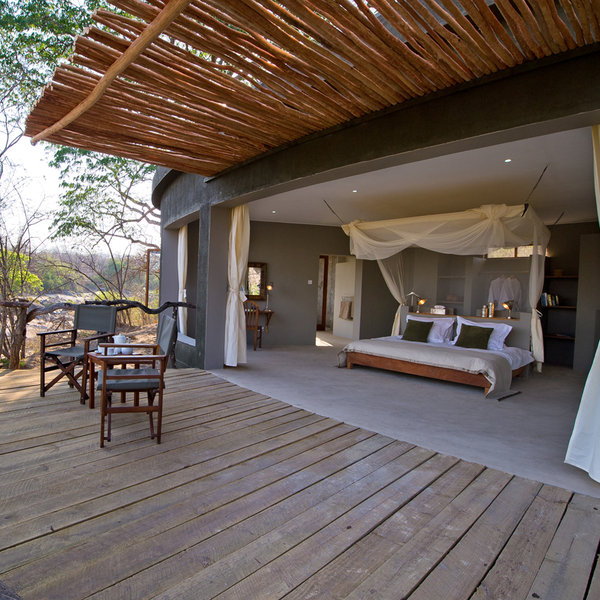
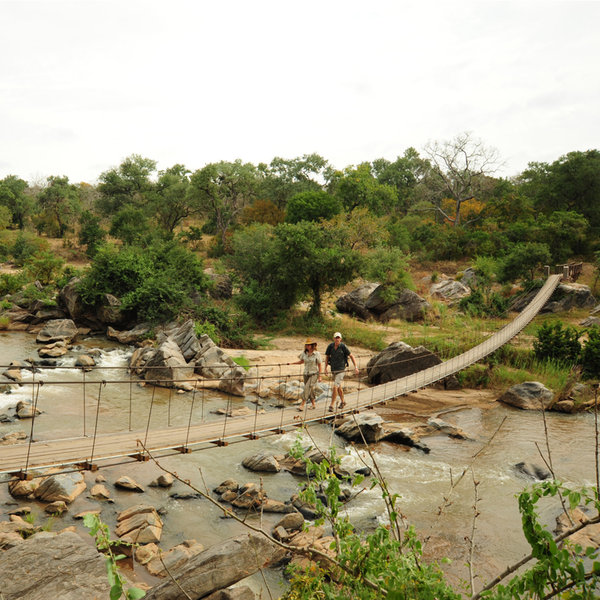
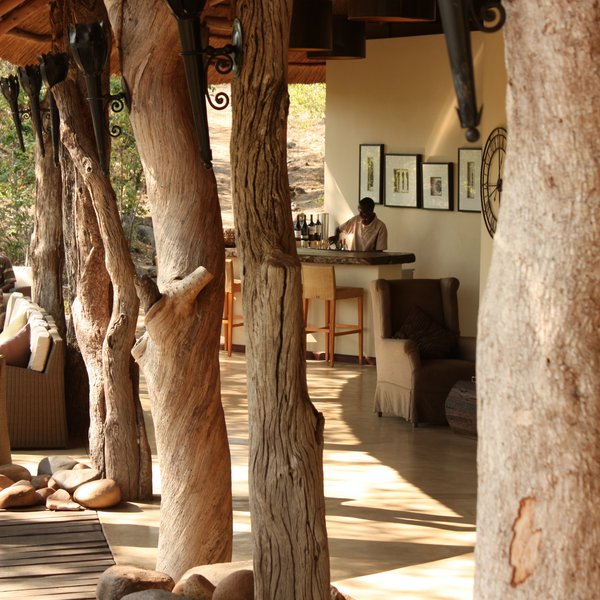
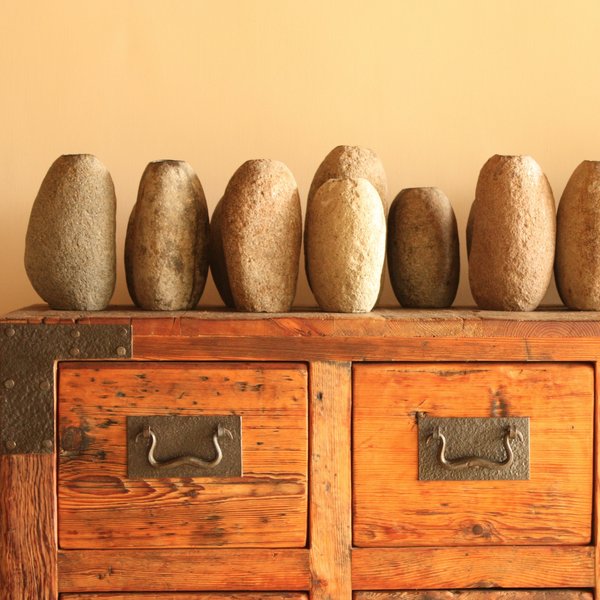

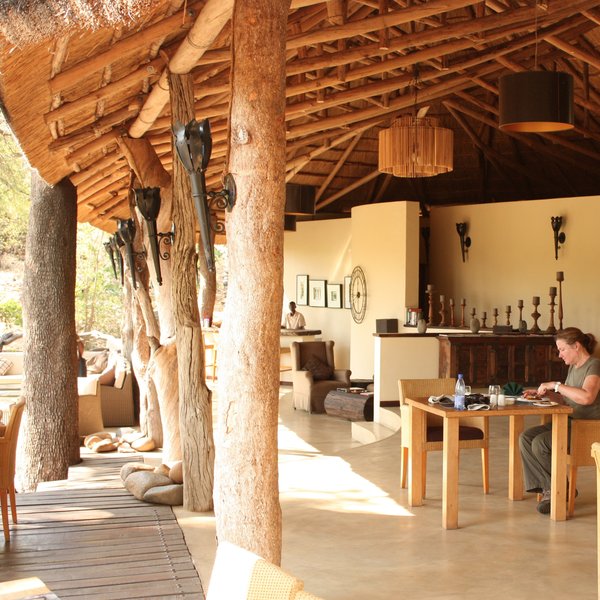
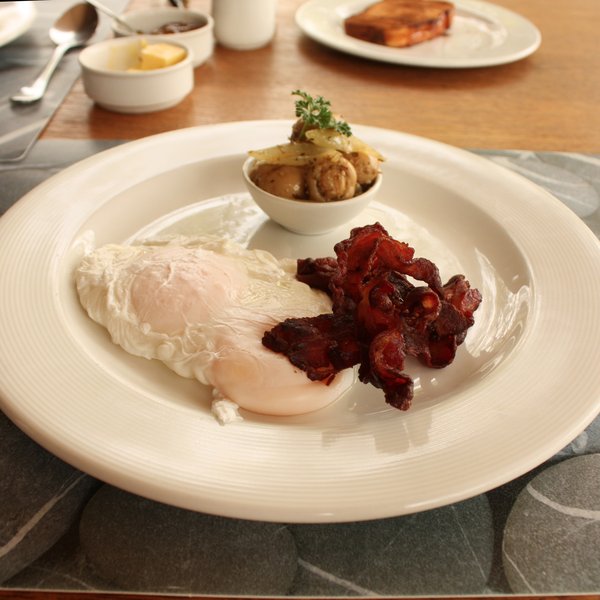
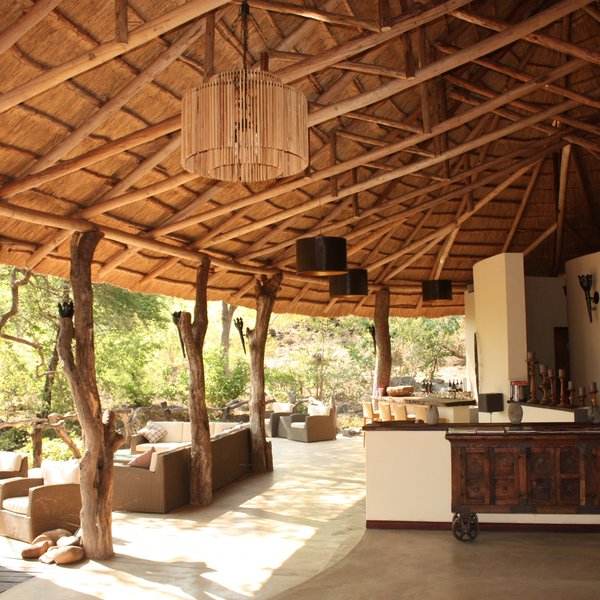
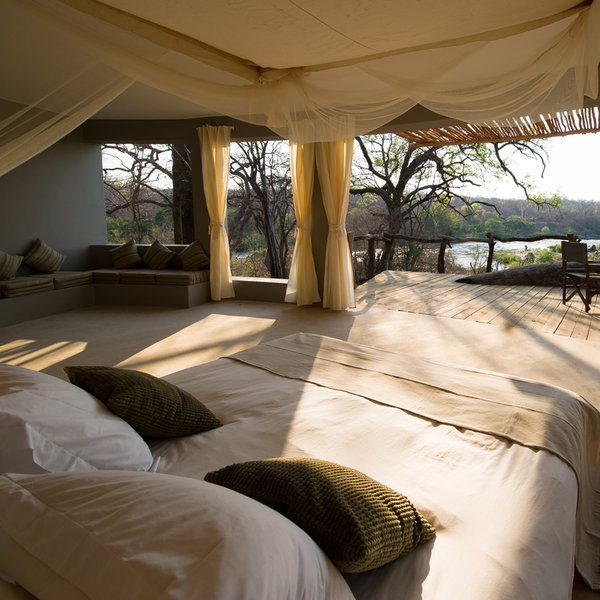
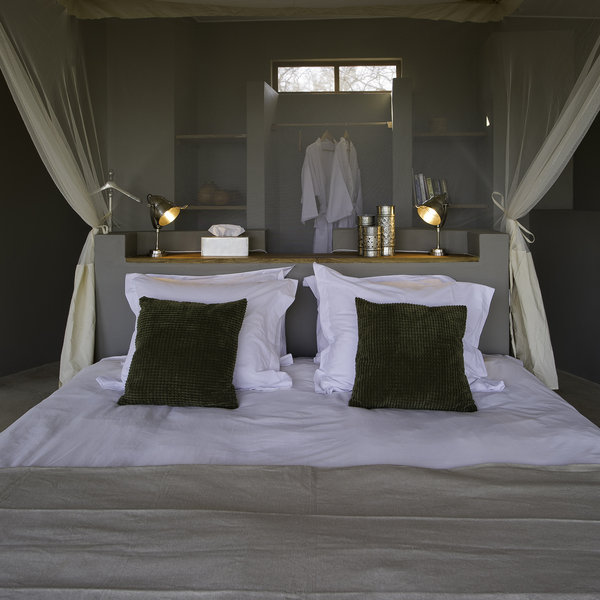
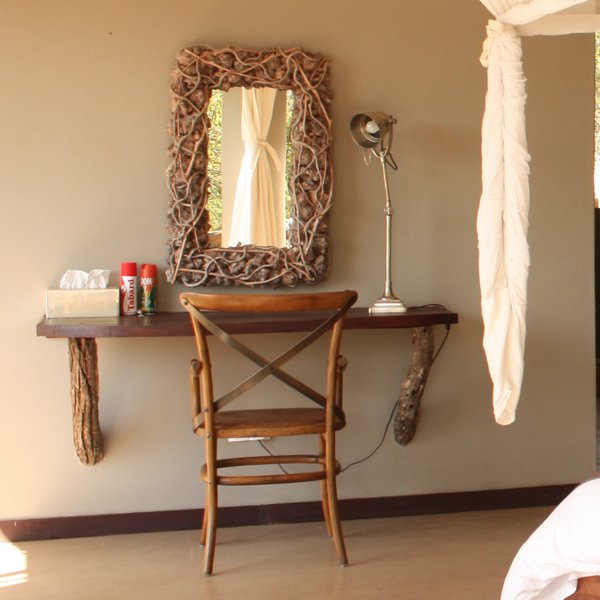
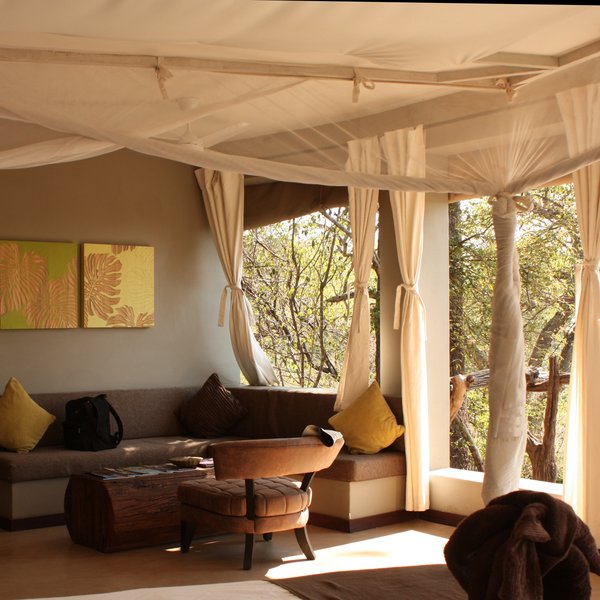
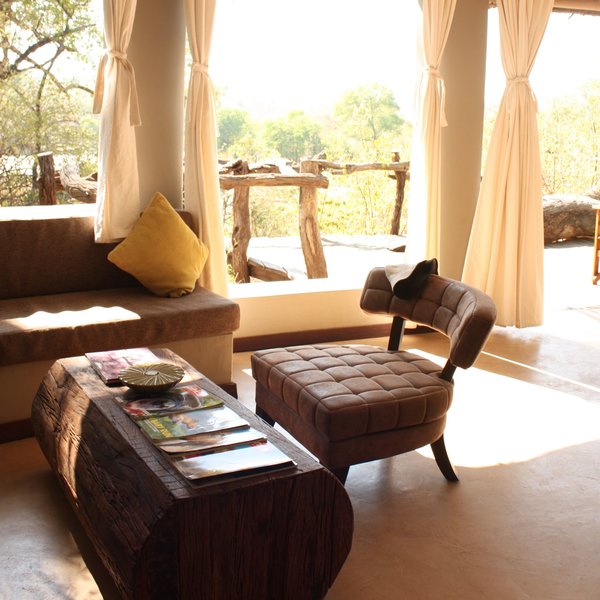
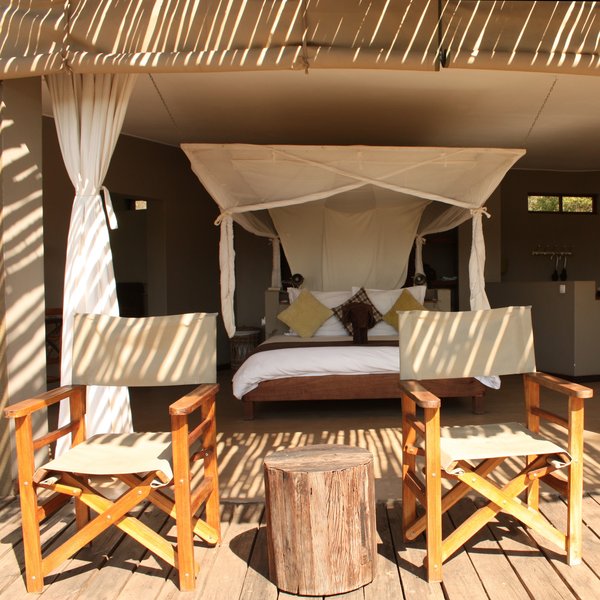
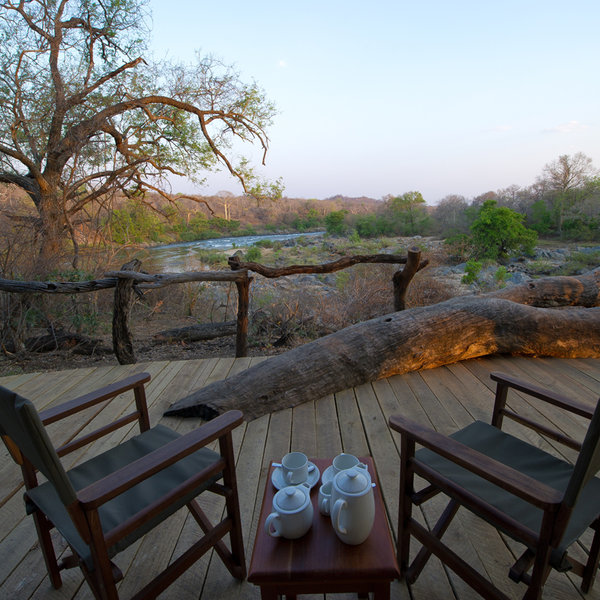
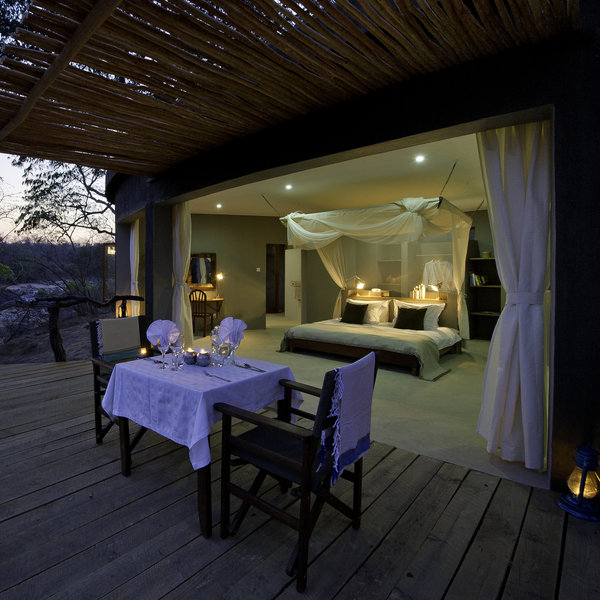
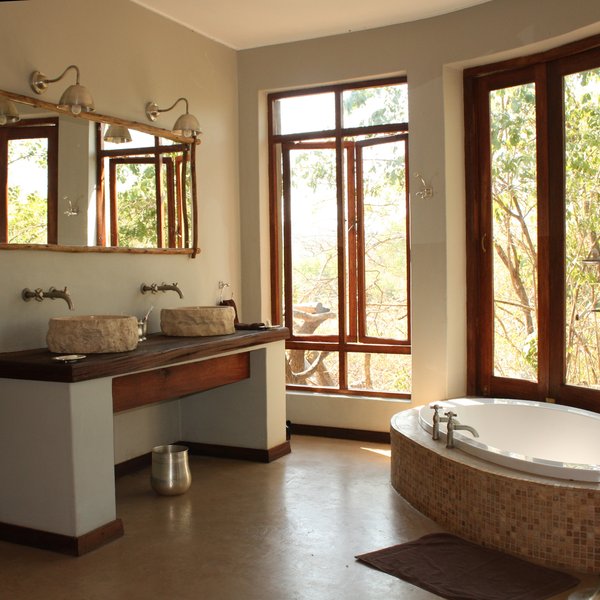
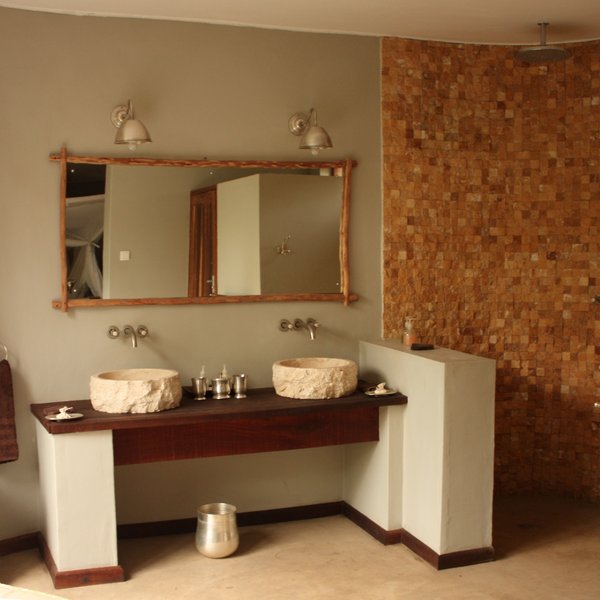
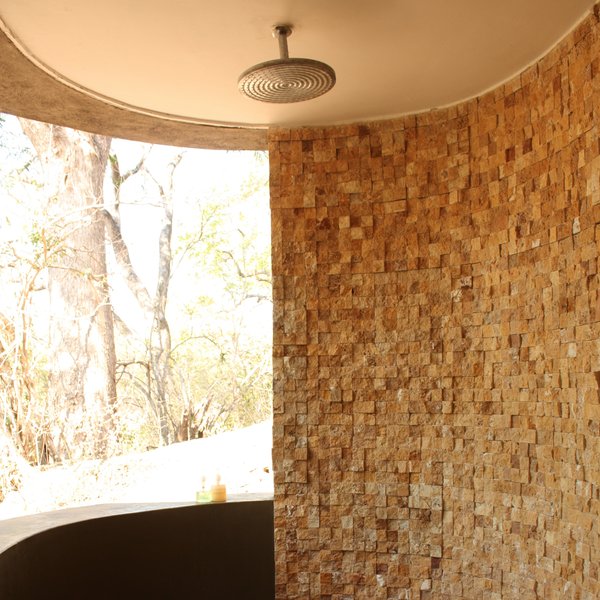
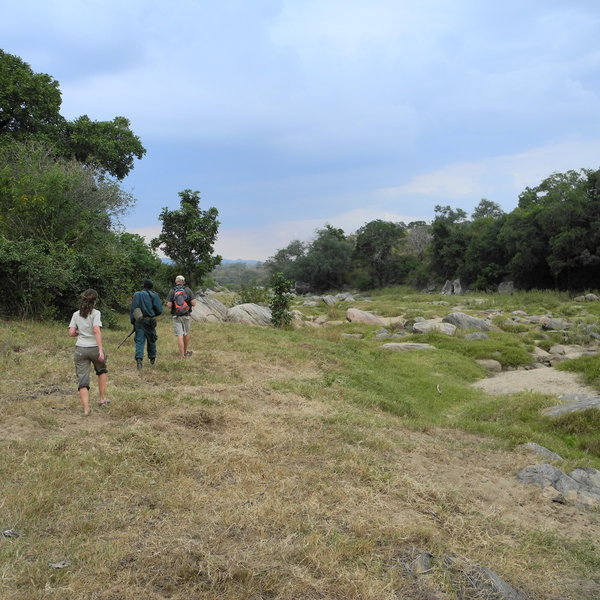
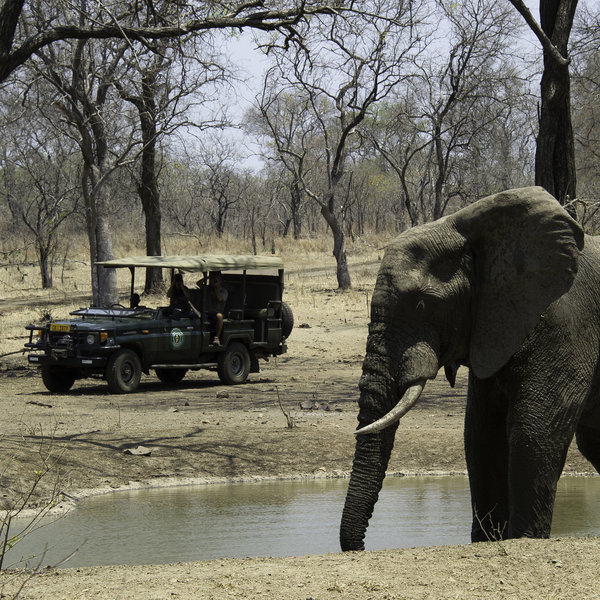
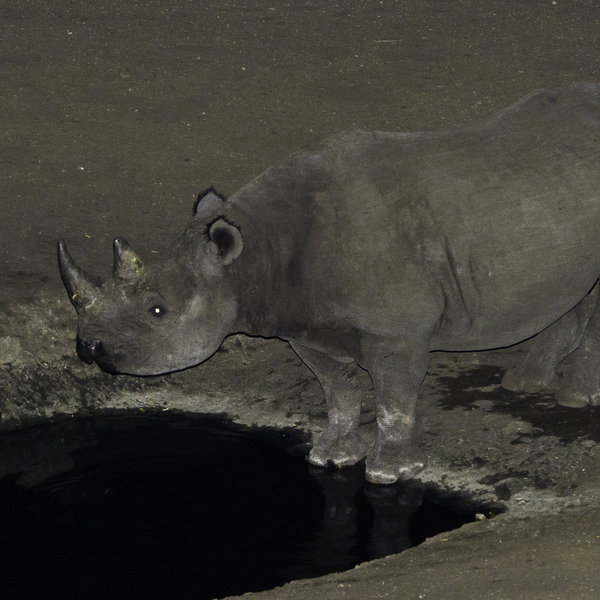
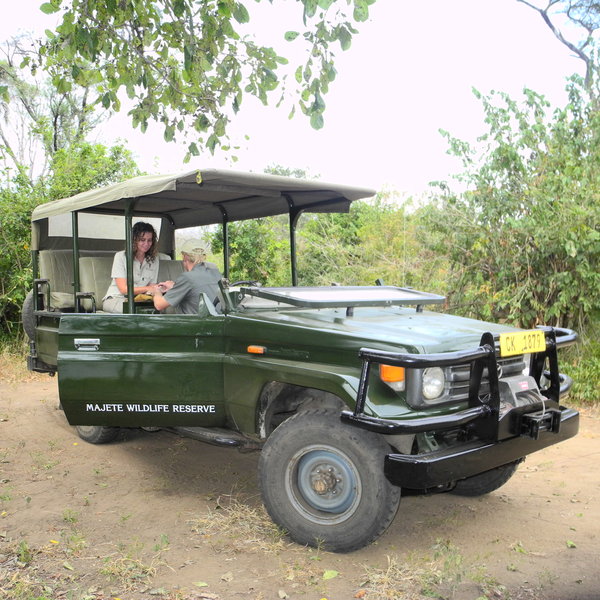
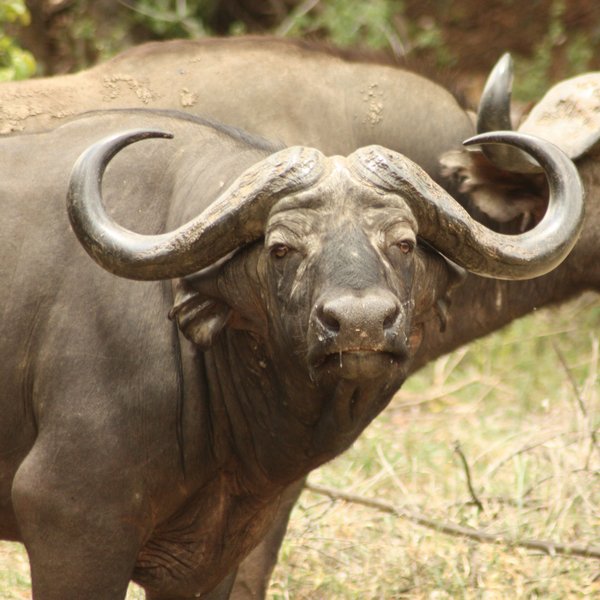
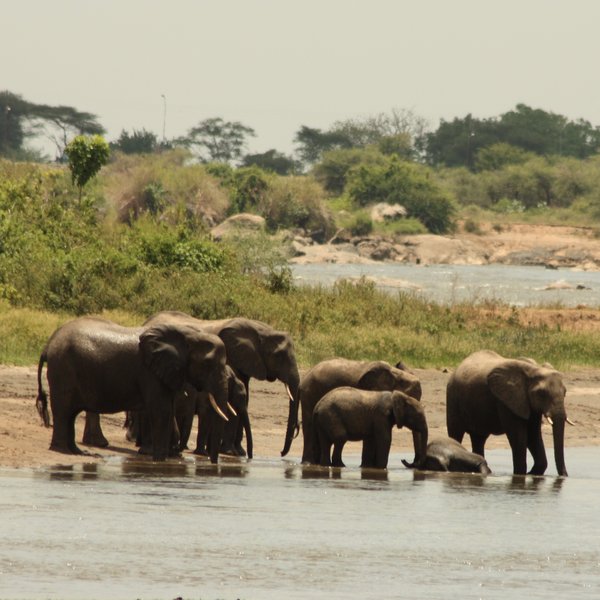
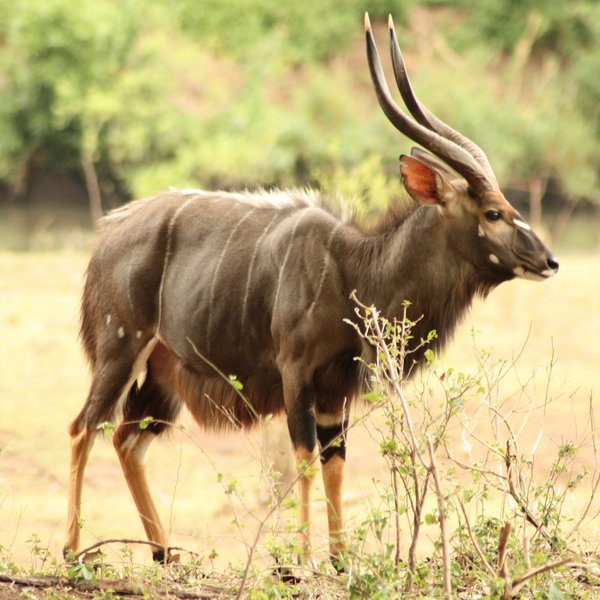
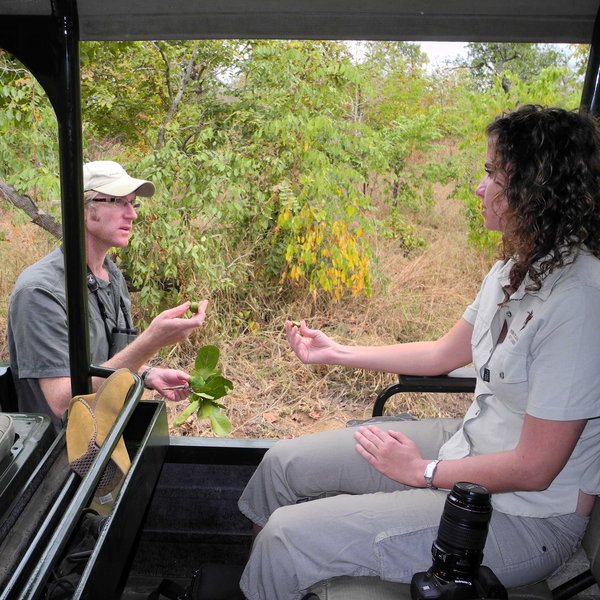
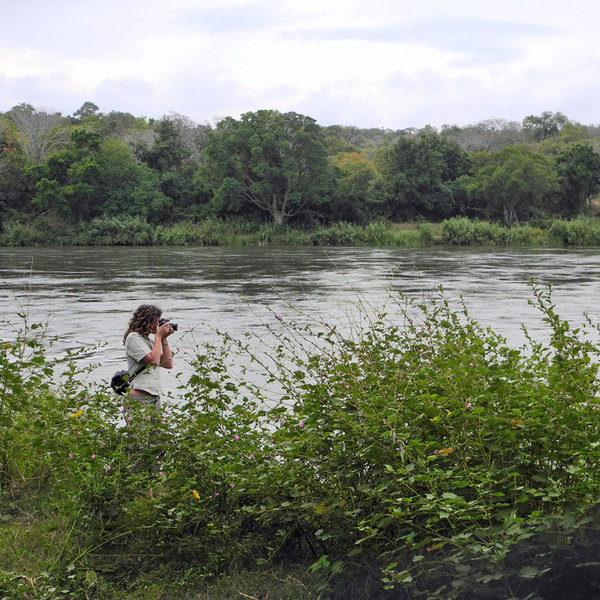
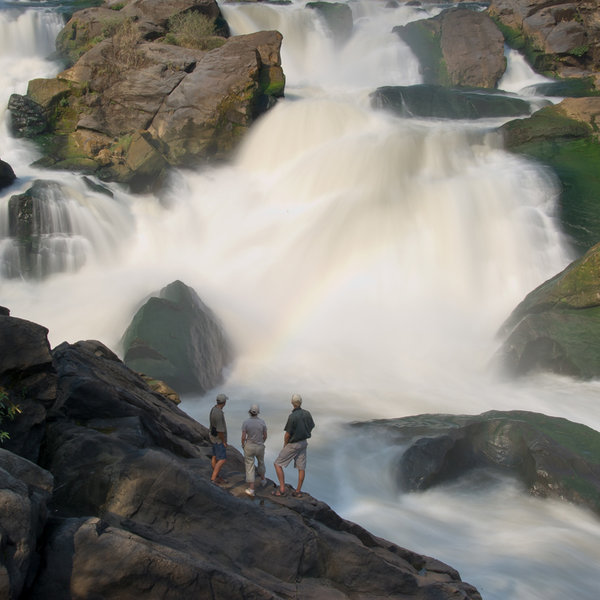
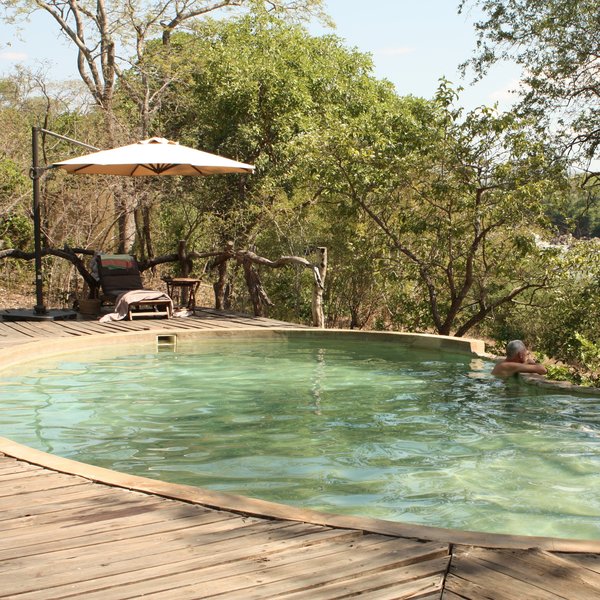
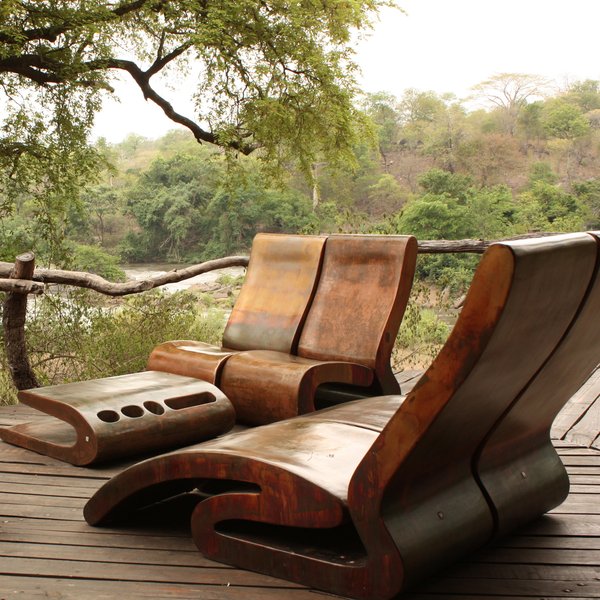
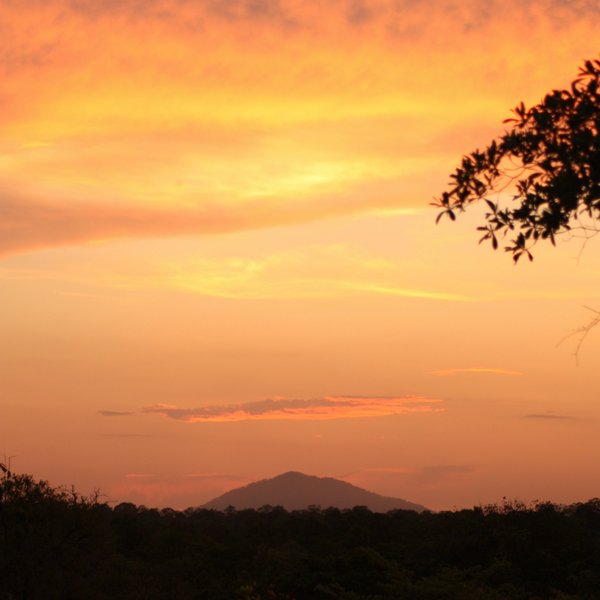
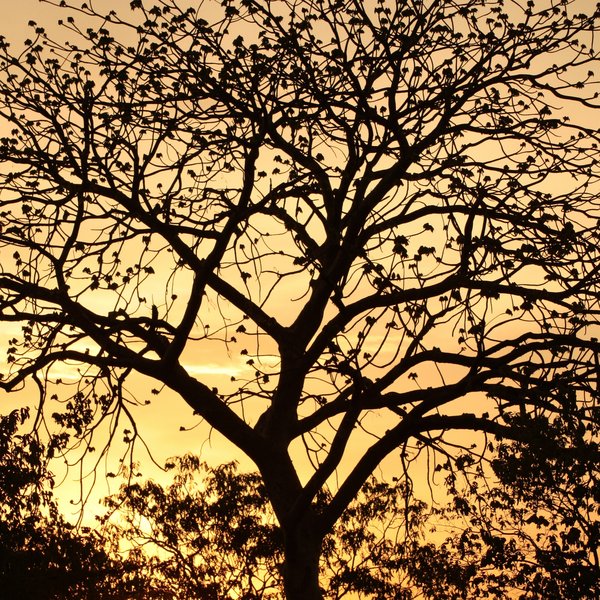
Expert Africa's gallery
When we travel we take lots of photos ourselves to give you a real and un-edited view of the safaris. See our 97 pictures and 1 videos of Mkulumadzi to get the candid view.
View gallerySafaris visiting Mkulumadzi
Just ideas, we'll always tailor-make a trip for you
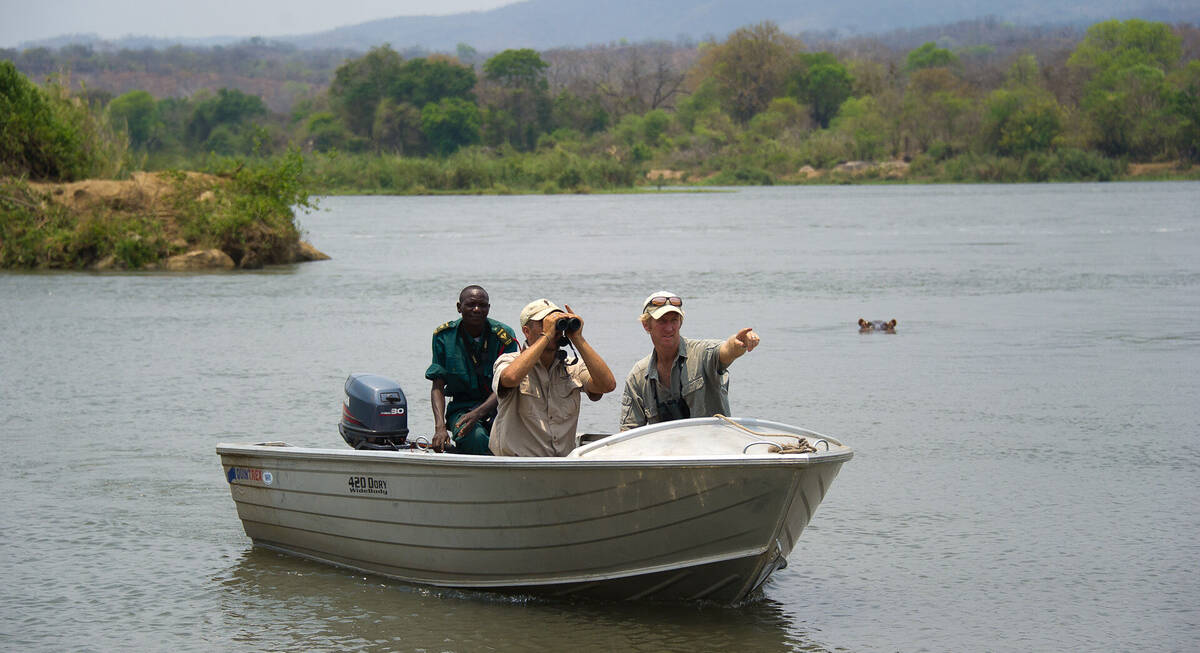
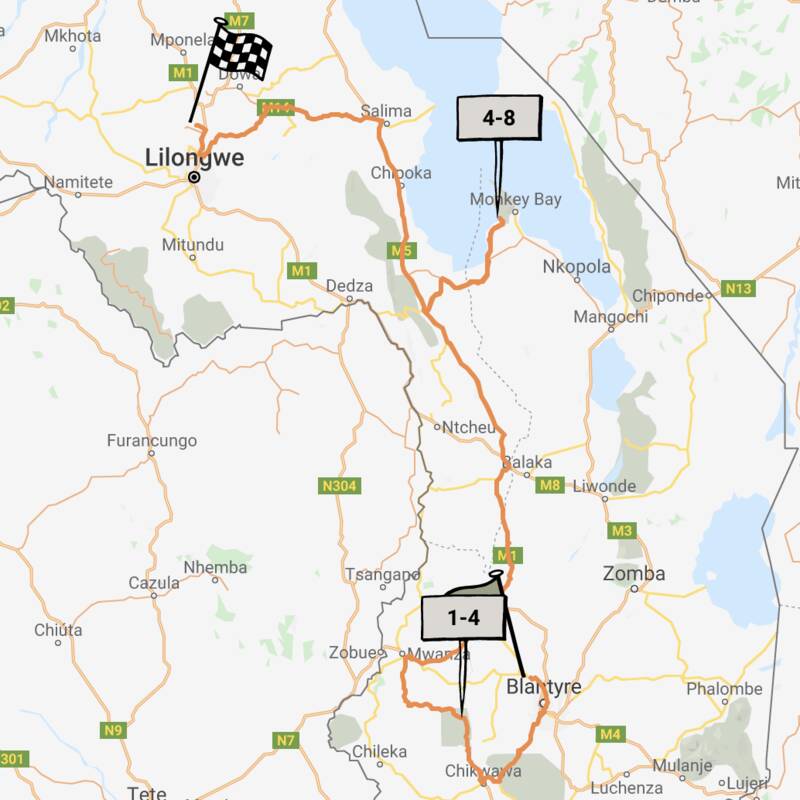
Red Zebra Cichlid Safari
7 days • 2 locations • 1 country
BLANTYRE AIRPORT TO LILONGWE AIRPORT
Explore two of Malawi's highlights, with a safari in rugged, remote Majete Wildlife Reserve before some beach time: relaxing, snorkelling and sailing in Lake Malawi National Park.
Visiting Lakeshore, Majete
US$3,580 - US$4,500 per person
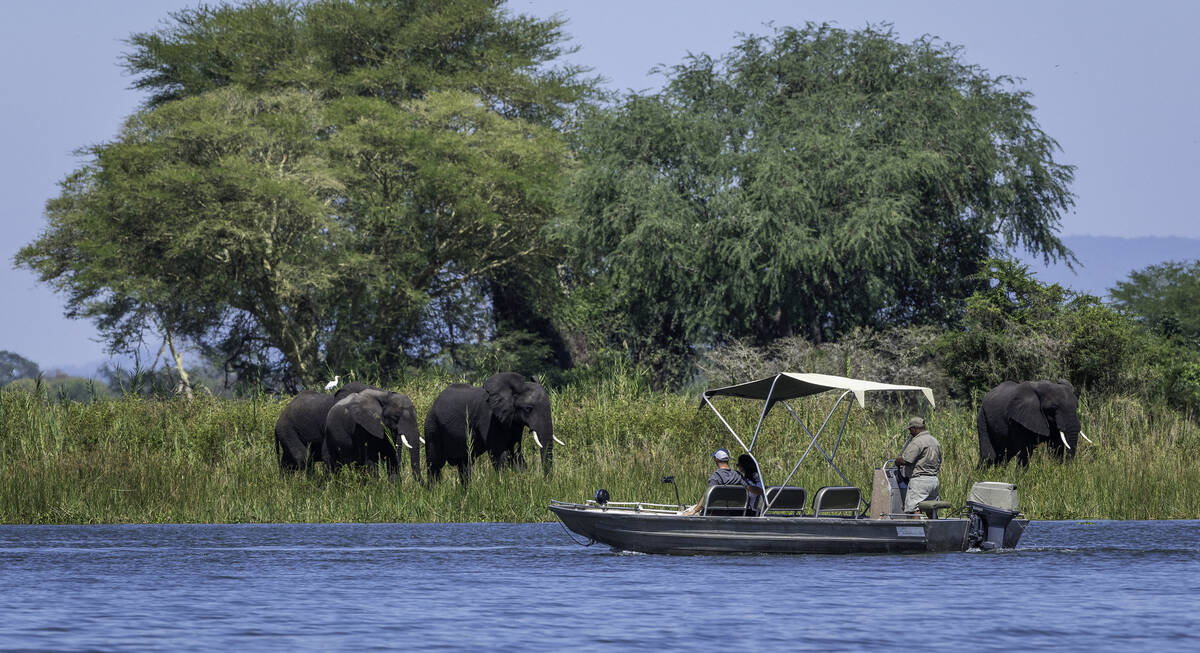
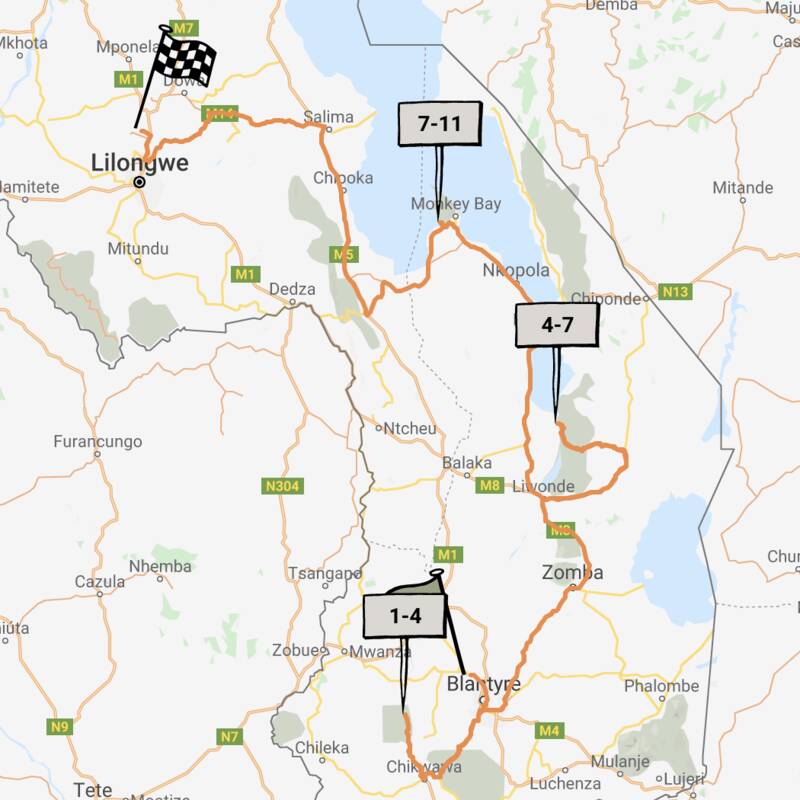
Utaka Cichlid Safari
10 days • 3 locations • 1 country
BLANTYRE AIRPORT TO LILONGWE AIRPORT
Explore two of Malawi's safari parks - Majete Wildlife Reserve and Liwonde National Park - before finishing your trip with some beach time: relaxing, snorkelling and sailing in Lake Malawi National Park.
Visiting Lakeshore, Majete and 1 other area
US$4,560 - US$5,700 per person
Mkulumadzi Lodge: Our full report
Overlooking tumbling rapids at the confluence of the Shire and Mkulumadzi (sometimes written 'Mukulumadzi' ...
... or even 'Mkurumadzi') rivers, is the smart and solidly built Mkulumadzi Lodge. Opened in 2011, it is owned by Robin Pope Safaris and incorporates some innovative 'eco' ideas. The lodge is located in a 70km² private concession, within the newly revitalised Majete Wildlife Reserve.
Majete Wildlife Reserve was proclaimed in 1955 and covers 700km². In 2003 it was taken under the management of the African Parks network, which has done great work to ensure the long-term viability of the park and its wildlife. The reserve is home to the ‘big five’, including a small population of lion and leopard, which seem to be breeding and gradually establishing themselves. It already has good populations of antelope and very varied birdlife. Environmentally, Majete benefits from a variety of dry-land habitats, from miombo woodland to small kopjes, while riverine woodlands line some of the waterways – which themselves vary from a placid lake to sections of bubbling rapids and ephemeral tributaries.
On arrival at Mkulumadzi, guests cross a suspension bridge over the Mkulumadzi River, so anyone with any disabilities need to be aware of this. The extensive main area, under a high thatched roof, has one side completely open to the river – supported by huge old leadwood trunks. Tastefully decorated and accessorised in a classic and contemporary style, it has indoor and outdoor dining areas, a bar lined by bar stools, and seating areas on different levels, all with views of the river. To one side you’ll find a small curio shop and a swimming pool, surrounded by a wooden deck with sunbeds and umbrellas.
The eight spacious chalets at Mkulumadzi are spread out along a high riverbank overlooking the Shire River, shaded by giant leadwood and wild mango trees, and affording total privacy. All are furnished in a contemporary style using locally sourced materials, and all except one have vegetated roofs planted with indigenous succulents and grasses. This helps them to blend into the environment and also keeps the rooms cool in summer. By contrast, the honeymoon suite has a traditional high thatched roof.
In six of the chalets a king-size bed takes centre stage, facing an impressive view of the river beyond a partially shaded wooden deck. (Two of these beds can be converted to twins on request.) This side of the room is largely open, with nothing to obstruct the view, though at night, cream-coloured curtains are drawn inside, and canvas blinds rolled down outside.
Inside the walk-in mosquito net – but not in the rest of the room – an innovative air-conditioning called Evening Breeze re-circulates cool air, using so little power that it can be run by the lodge's solar-generated electricity. In a corner of the room is a built-in seating area around a low coffee table, while shelves and hanging space are located behind the concrete headboard. There is also a stocked minibar and tea- and coffee-making facilities.
The en-suite bathrooms are again very spacious. Twin washbasins are set on a long concrete plinth beneath a lovely long mirror; a very large shower is partially open to the outside with river views; and a slightly sunken bath lies beside a large window – which folds back to open up the bathroom. Bathrobes and toiletries are provided.
On either side of the main area are two family chalets, similarly equipped to the others, but each with two en-suite bedrooms separated by a central lounge area. These chalets also have views of the river and are very suitable for two couples as well as for families.
In common with Robin Pope Safaris’ usual style, activities at Mkulumadzi are very flexible, led by experienced, top-class guides who have been trained to Robin Pope's high standards. There are also two hides on the concession, overlooking a waterhole.
There is also a good network of all-weather game-drive roads, too, with night drives permitted. On a morning game drive on our last visit we saw elephant, buffalo, sable and nyala, although later that day we were not lucky enough to spot Majete’s resident lion pride, or the elusive black rhino.
Geographics
- Location
- Majete Wildlife Reserve, Malawi
- Ideal length of stay
- A stay of 3–4 nights at Mkulumadzi is ideal, especially as it's a distance from any other safari camp – and in a park that's quite unlike any other. It would be natural to combine Mkulumadzi with Robin Pope Safaris’ camps in Zambia's South Luangwa: Nkwali, Tena Tena and Nsefu, and with Pumulani beside Lake Malawi.
- Directions
- Mkulumadzi is about 70km southwest of Malawi's second city, Blantyre – which is linked to Lilongwe and Johannesburg by direct scheduled flights. It's about two hours' transfer from Blantyre to Majete, on a good tarred road; this is quite a varied and spectacular trip down the escarpment, and a great way to arrive.
Guests may also fly in to Majete airstrip, which is a 45-minute game drive from the camp. - Accessible by
- Fly-and-Transfer
Food & drink
- Usual board basis
- Full Board & Activities
- Food quality
- The food at Mkulumadzi was some of the best we had in Malawi during our last visit.
Breakfast is a buffet of cereals, fresh fruit, a selection of cheeses and cold meats, homemade pastries and fresh fruit juice. A cooked breakfast is also available, and was very welcome after our early-morning walk.
Lunch was a choice of butternut, feta and mint salad, or chicken kebabs with sweet chilli sauce and a side salad. Dessert was either crème caramel or a very tasty cheesecake with berry compote.
Afternoon tea/coffee and cake are served in the main area at about 3.30pm before heading out on an afternoon activity.
On return we were served a three course dinner. Our starter was a butternut filo tart. The main course was a choice of Thai green chicken curry (or a vegetarian curry) with basmati rice, or lamb chops with potatoes and baby vegetables. For dessert we enjoyed panna cotta, again with a berry compote. - Dining style
- Mixture of group dining and individual tables
- Dining locations
- Indoor and Outdoor Dining
- Further dining info, including room service
- Private dinners are available on request.
- Drinks included
- All local drinks, including beers, wines, spirits and soft drinks are included; vintage wines, champagne or imported spirits would be charged as extra.
Special interests
- Wildlife safaris
- The Majete Reserve now boasts the Big Five, with lion, leopard and buffalo as well as elephant, zebra, sable, waterbuck and eland. Currently they have around 11 black rhino and cheetah are also occasionally seen.
- See ideas for Wildlife safaris in Malawi
- Luxury
- The spacious rooms with private verandas at Mkulumadzi Lodge are a comfortable spot to relax between safari activities. A clever cooling system above the beds, plus the use of locally sourced materials and vegetated roofs, ensure comfortable temperatures during the summer heat.
- See ideas for Luxury in Malawi
Children
- Attitude towards children
- Mkulumadzi accepts children of all ages.
- Property’s age restrictions
- There is no age restriction.
- Special activities & services
- There are no special activities at Mkulumadzi for children, although there is a swimming pool which many will enjoy during the day.
A member of the housekeeping staff can babysit for children in the evening free of charge (a tip would be welcome), but parents should note that they will not be professionally trained childminders. - Equipment
- Mkulumadzi has a cot as well as baby monitors.
- Generally recommended for children
- We think Mkulumadzi is suitable for children from ten years old. There are no activities to entertain younger children and children under the age of 12 are not allowed to do a walking safari.
- Notes
- Children need to be under the constant supervision of their parents as this is a remote location and wild animals do wander through the camp.
Our travellers’ wildlife sightings from Mkulumadzi
Since mid-2018, many of our travellers who stayed at Mkulumadzi Lodge have kindly recorded their wildlife sightings and shared them with us. The results are below. Click an animal to see more, and here to see more on our methodology.

100% success

100% success

100% success

83% success

83% success

80% success

67% success

33% success

33% success

33% success

20% success

18% success

17% success

0% success

0% success
Communications
- Power supply notes
- There is solar electricity in all the chalets, which also have plug points for charging batteries and equipment.
There is a back-up generator
There is a back up generator. - Communications
- There's a satellite system for communications in an emergency, including an internet connection, but no phones are in the rooms. There is no WiFi and no cellphone reception in the main lodge, but it can be found at the office if desperately needed.
- TV & radio
- There are no radios or TVs here.
- Water supply
- Borehole
- Water supply notes
- The borehole water is filtered and is fine to drink. Bottled water is provided free of charge.
There is hot and cold running water available 24 hours a day.
Sustainability
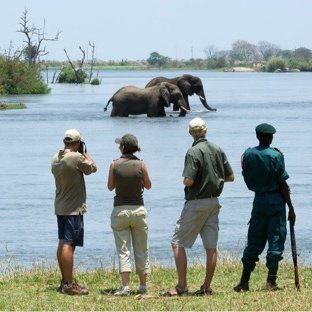
Re-introducing wildlife in Majete Reserve
Despite its thriving wildlife nowadays, the Majete Wildlife Reserve has not always been a prosperous environment. Back in the 1980s and 1990s, the now protected area became the subject of extensive poaching and lost a significant part of its natural wild beauty.
Fortunately, in 2003, a joint effort by the African Parks Network and Malawi Government started the reintroduction of endangered species. Mkulumadzi Lodge, one of Majete Wildlife Reserve’s prime upmarket accommodation facilitated this program by sponsoring the costs of re-stocking this reserve including lion, leopard and black rhino. In 2012 the lodge - property of Robin Pope Safaris - funded the relocation of 4 lions from South Africa into Majete, making it the first 'Big 5' reserve in Malawi.
Nowadays, the 7000 hectares of private concession in Majete are rambled by a good mix of game. Some of the regular encounters of viewed game include elephant, buffalo, eland, sable, nyala, bushbuck, kudu, Lichtenstein’s hartebeest, waterbuck, impala, suni, grysbok, klipspringer, yellow baboon, vervet monkey, thick-tailed bush baby, bush pig, warthog, dwarf mongoose, porcupine, spotted hyena, serval, genet and civet.
See more great sustainability projects in Malawi
Health & safety
- Malarial protection recommended
- Yes
- Medical care
- For minor ailments there is a private clinic 45 minutes' drive away. For more serious cases the closest hospital is in Blantyre, a short flight away or a two-hour drive. There is a helicopter pad at the main gate for emergencies and a doctor on call from Blantyre too. The manager is also first aid trained.
- Dangerous animals
- High Risk
- Security measures
- There is a park ranger based permanently in the camp and there is always staff on duty. At night all guests are escorted after dark.
- Fire safety
- There are fire extinguishers in the main areas but not at the chalets. There are waterpumps to pump water from the river and firebreaks around the camp.
Activities
4WD Safari
Birdwatching
Night drive
Extras
- Disabled access
- Not Possible
- Laundry facilities
- Full laundry service in included – it is machined washed and line dried.
- Money
- There is a safe in each of the chalets. The camp is unable to exchange money.
- Accepted payment on location
- Most credit cards are accepted with a 4.5% surcharge, and cash payments may be made in Malawi kwacha, UK pounds, US dollars and euros.
Plan and book your trip with Expert Africa
All of our trips are tailor-made, so we'll always adapt them to suit you. Talk to an Expert and let us plan and arrange your perfect trip.

Talk to an Expert
Call or email us now! We’ll match you with the Specialist in our team who is best suited to help you. Then together we can start planning your trip.

Set up your itinerary
Based on our experience and your ideas, your specialist will create a detailed, costed itinerary. We’ll refine it together, until we have a trip that you’re perfectly happy with.

Prepare for your trip
The same Specialist will make the seamless arrangements for your trip, send you detailed travel documents, and be available to answer any questions before you depart.

Travel with peace of mind
After you set off, you’ll be cared for by our partners in Africa, most of whom have worked with Expert Africa for decades. And if you ever need us urgently, we’re available 24/7.

When you return
We love to learn about your trip, and so will always be grateful if you’ve the time to give feedback to your Specialist when you return.
Mkulumadzi Lodge's location
Look closer at the environment and surroundings of Mkulumadzi.
When to go to Majete Wildlife Reserve
Our month by month guide: What it's like to visit Mkulumadzi in Majete Wildlife Reserve
Jan
Feb
Mar
Apr
May
Jun
Jul
Aug
Sep
Oct
Nov
Dec
Malawi in January
January is the middle of the rainy season in Malawi. You can expect heavy rain for a few hours most days with some occasional flooding. It is generally hot and wet, with temperatures reaching over 30ºC.
The landscape is green and lush and the air crystal clear. In the game reserves the thick bush can restrict animal sightings, making game viewing more challenging. With the abundance of water available the wildlife disperses and is no longer concentrated around water sources. However, many species give birth at this time of the year and it is a great time for birding.
Although the majority of the safari camps are open at this time, most of the beach lodges along the lakeshore close in mid January.
- Peak of the rainy season with thundershowers most days
- Many animals are with young & birdlife is at its most spectacular
- Bush lush & green; animals dispersed so game viewing more difficult
- Air is clear & dust-free, which is great for photography
- Majority of lakeside beach lodges are closed second half of January
Our view
This is not a great time to visit
Weather in January
Malawi in February
February is generally the wettest month and still the heart of the rainy season, with dramatic thunderstorms interspersed with sunny spells.
Expect some flooding and the ground to be waterlogged. The thick bush still affects game viewing on land, and walking safaris are limited, but game viewing by boat on the swollen Shire River, in both Liwonde National Park and Majete Game Reserve, is a highlight. Birdlife is also at its most spectacular at this time of year.
Visitor numbers and costs at the few open camps are low. Most of the beach lodges remain closed, with only one or two open all year.
- Peak of the rainy season with thundershowers most days
- The bush feels alive; birdlife is at its most spectacular
- Good for photography but poor game viewing
- Few tourists, so rates usually at their lowest
- Majority of lakeside beach lodges are still closed
Our view
This is not a great time to visit
Weather in February
Malawi in March
The rainy season is nearing the end in Malawi. The thunderstorms become fewer with sunnier days, but you can still expect some rain most days. March is one of the last of the summer months with temperatures still around 25–30ºC most days.
On safari the thick bush still restricts game viewing and walking safaris are limited too, with the larger animal species being quite elusive. On the plus side, migrant birds make the most of the abundant insect life. This time of the year is also great for keen photographers with the vivid green landscape and clear, dust-free air.
The beach lodges are also starting to open again around mid-March, following the rainy season.
- Expect to experience some rain most days
- The bush feels alive, with birdlife still a highlight
- Good for photography but game viewing remains poor
- With few tourists, rates generally at their lowest
- Beach lodges now open from mid-March
Our view
This is not a great time to visit
Weather in March
Malawi in April
April is a month of change in Malawi. The days start to cool down, rainfall decreases, and summer turns into autumn as the dry season approaches. Temperatures drop to around 25 ºC during the day with the evenings becoming cooler.
This is the tail-end of the green season and, after five months of rain, the landscape remains green and lush, with game viewing still a challenge. However, the birdlife is still great, and the improving weather attracts more visitors to both the bush and the beaches along the Malawi lakeshore.
- The temperatures are cooling down but still expect the odd rain shower
- Start of the dry season with mostly clear and sunny days
- Bush still green & lush: good for photography but not for game viewing
- Very few visitors, and still one of the cheapest times to visit
- The lakeshore beach lodges are now all open
Our view
A good time to visit, with pros & cons
Weather in April
Malawi in May
May is the end of summer and the first month of the dry season. There may still be the occasional shower, but clear sunny skies are becoming the norm. As winter approaches, daytime temperatures drop to a comfortable 20–25 ºC, but at night they’re down to around 10ºC, so warm clothing is advisable for early- morning game drives.
As the rain disappears the landscape starts to dry out. Although the vegetation is still thick, the game viewing starts to improve and walking safaris becoming more reliable. Birding is still excellent, too. Around the lakeshore, temperatures can be significantly warmer, making beach holidays popular at this time of the year. Yet visitor numbers remain low, making May one of the most cost-effective times to visit.
- Start of the dry season with mostly clear & sunny days
- Temperatures are mild along the lakeshore so good for a beach stay
- Bush still green & lush but game viewing improving
- Good for photography & great birdlife
- Very few visitors, & still one of the cheapest times to visit
Our view
A good time to visit, with pros & cons
Weather in May
Malawi in June
June is entirely in the dry season, and – along with May – can also be one of the coldest months. With no rain, clear skies and temperatures dropping to around 20–25ºC during the day, the nights can be cold, reaching around 10ºC. Warm clothing is advisable for early-morning and late-afternoon game drives.
The landscape remains lush, but the bush starts to die back significantly, bringing a marked improvement in wildlife viewing. This, along with cooler temperatures, makes June ideal for walking safaris. Temperatures around the lakeshore tend to be significantly warmer, so June is another popular month for beach holidays with higher visitor numbers.
- Well into the dry season with sunny days & cool temperatures
- Thick bush is dying back, & game viewing improves
- Increased visibility & cool weather perfect for walking safaris
- Mild temperatures along the lakeshore: good for a beach stay
- June is still low season : a popular time before high season starts
Our view
A very good time to visit
Weather in June
Malawi in July
July is the middle of the dry season in Malawi, with temperatures starting to pick up towards the end of the month. This makes July a good time for both safaris and beach holidays. Expect it to be pleasant during the day but still cold at night, especially at high altitude such as Nyika Plateau; blankets and hot water bottles are often provided on safari.
As the vegetation dies back, animals start to congregate around perennial water sources, making this one of the best times of year for game viewing.
July is also the start of high season and all the camps increase their rates to make the most of the improving game and the start of the international holiday period.
- Warm dry days with crisp cold nights
- Significantly improved game viewing
- No limit on walking safaris, with pleasant temperatures a plus
- Temperatures along the lakeshore ideal for beach and watersports
- Approaching peak season, so significant increase in costs
Our view
A very good time to visit
Weather in July
Malawi in August
August is well into the dry season with game concentrated around water sources and the safari season approaching its best. The landscape is changing from green to brown and the air is becoming drier and dustier. There is also a lot of smoke in the air as burning of trees and vegetation is prevalent in Malawi, so this isn’t the best time for photography.
Later in August the temperatures start to pick up, but early mornings and late evenings are still cooler – particularly out on open game drives where warm jackets, gloves and scarves are recommended. August is one of the most popular months. Pleasant weather and good game viewing attracts lots of visitors, and costs are correspondingly high.
- Warm dry days with crisp cold nights still the norm
- Game viewing at its best
- No limits on walking safaris, with pleasant temperatures a bonus
- Lakeshore temperatures remain good for beach and water sports
- Still peak season, with attendant high costs
Our view
Fantastic: the very best time to visit
Weather in August
Malawi in September
This is the most popular time of the year for a safari. There has been no rain for months and temperatures are starting to increase, making morning and evening game drives more comfortable. Daytime temperatures are now above 30ºC and evening temperatures relatively mild.
Game viewing is at its best with the animals concentrating around the reducing water sources, making wildlife interactions more common. With the increasing heat the air becomes more hazy, reducing photographic opportunities and distant views.
This is a good time to finish a safari with some relaxing time along the Malawi lakeshore. Costs, though, are high, and camps can be booked up months in advance.
- Dry & hot during the day with clear skies & warm nights
- One of the best months for wildlife viewing
- Dust & smoke creates a haze; not great for photography
- Temperatures along the lakeshore perfect for beach and watersports
- Peak season; camps are expensive & often full well in advance
Our view
Fantastic: the very best time to visit
Weather in September
Malawi in October
This is the last month of the dry season: the start of summer with temperatures peaking over 40ºC during the day and hardly less than 20ºC at night. This makes early-morning and late-evening game drives more comfortable but can be terribly hot during the day and makes walking safaris very challenging.
The landscape is very dry and brown, so not ideal for photography, but game viewing remains at its best. With the lack of water the animals are all vying for the best spot to drink without being preyed upon.
October is the perfect time to finish a safari with some relaxing time along the Malawi lakeshore. It is still peak season, though, and costs remain high.
- Dry, hot days with clear skies; warm nights
- One of the best months for wildlife viewing
- The haze from dust & smoke is not great for photography
- Warm lakeshore temperatures still good for beach & watersports
- Peak season; camps are expensive & often full well in advance
Our view
A very good time to visit
Weather in October
Malawi in November
November marks the end of the dry season and the start of the rainy season. Temperatures continue to increase with humidity building as the rains approach, which can be any time during the month. Be prepared for spectacular thunderstorms and short sharp showers.
After the first rains the bush springs back to life and wildlife disperses, making game viewing harder. Birding, though, is on the up – and with the air washed clean, photographic opportunities improve.
The first week or two are a good time to travel as the camps have reduced their rates and rains may not have started in earnest. However, while all the camps and beach lodges remain open some of the airstrips may become waterlogged, making road transfers more practical.
- Typically the start of the wet season; very hot & humid
- Increased chance of heavy rain as the month progresses
- Greatly diminished game viewing once the rains arrive
- A good time for photographers & keen birders
- Lower rates at camps and beach lodges, with fewer visitors
Our view
A good time to visit, with pros & cons
Weather in November
Malawi in December
December is the first full month of the rainy season, with daily thundershowers expected, interspersed with sunny spells. Temperatures are around 30ºC with high humidity.
After a few weeks of rain, the abundance of standing water causes animals to disperse and the bush becomes thicker and greener, reducing visibility for game viewing. Conversely, this is when many animals produce their young, and is a great time for birdwatching. The rain also clears the air of dust and smoke, making it much more favourable for keen photographers.
December is still a good month to be along the lakeshore provided you don’t mind the afternoon rain showers.
- Very hot & humid
- Increased chance of heavy rain as the month progresses
- Opportunities for game viewing decrease with the arrival of the rains
- A great time for photographers & keen birders
- Rates at camps & beach lodges fall, as do visitor numbers
Our view
A good time to visit, with pros & cons
Weather in December

Looking for inspiration on where to travel next?
Visit our trip chooser to explore your options and find inspiration for your perfect African adventure
Inspire me